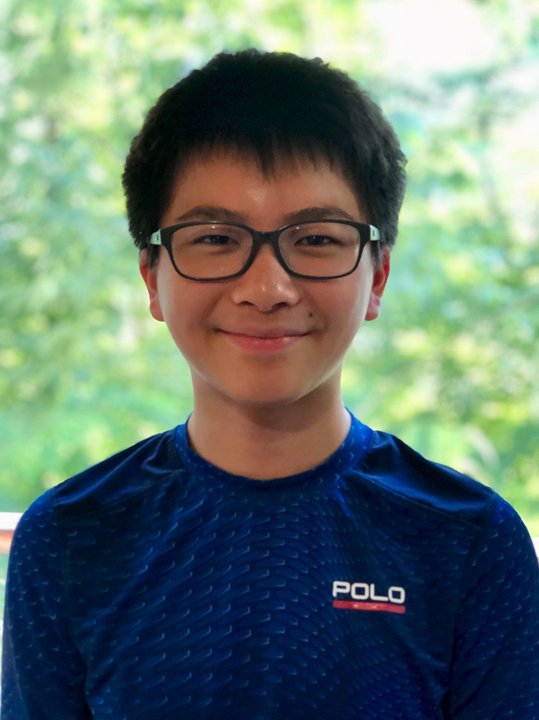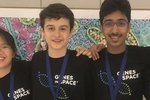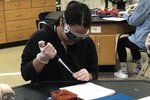GiS Spotlight: Honorable Mention Ian Chow
Each year, Genes in Space awards 10 Honorable Mentions to teams whose proposals showed remarkable creativity and scientific rigor. Ian Chow (13), a student at the Pierrepont School in Westport, Connecticut, was one of our deserving 2019 awardees. Here, Ian shares some insight into the work went into his proposal, which he developed with guidance from his mentor, Peniel Dimberu.

Briefly explain your experiment: For my experiment, I wanted to study what type of lettuce would secrete the most amount of sesquiterpene lactones, which are bitter chemicals that lettuce produce in reaction to stress caused by microgravity. This is relevant to astronauts because first of all, sesquiterpene lactones have many health benefits, and second of all, when in space, fluids around your body become evenly distributed, causing sinus congestion, so astronauts need to eat stronger tasting foods, including more bitter foods.
Why did you choose to participate in Genes in Space? Peniel Dimberu, a science teacher at Pierrepont School, created a Genes in Space club. I thought that this competition, which let students explore both biology and space science, would be fun and educational, so I decided to participate in his club.
How did you choose your topic? While choosing my experiment topic, I knew that I wanted to explore plant biology, but at the same time I liked the idea of creating my own unique topic. I found an article about sesquiterpene lactones, and from that, I created my proposal.
What did you gain by participating in Genes in Space? As a 7th grader participating in Genes in Space, I had not yet learned many parts of biology. By partaking in this competition, I learned so much and at the same time had a lot of fun.
Do you have any advice for future Genes in Space contestants? Just remember to have fun and think creatively!


